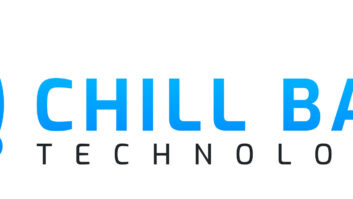A week after the decision came through by the Ninth Circuit of the U.S. Court of Appeals, which dealt Napster a severe setback, the company came back with a plan. Napster said last week that it now intends to charge consumers for music downloads this summer. Fees could be as high as $9.95 to download an unlimited amount of music. As part of the proposal, Napster would give the record companies, even the labels that sued the service, $1 billion over a five-year period.
Of course, the record companies have said, initially, too little too late, which is too bad. Of course this is probably the beginning of a negotiation. And the $9.95 price does ring a bell. After all, entertainment industry content will be available on satellite radio later this year for that price on a monthly basis.
While the Napster battle continues here, a follow-up story appeared in the New York Times days after the court decision . The paper reported on a solution to the problem: taxes on computer hard drives and blank CDs. Supposedly, German lawmakers are even looking at taxes on Internet-ready mobile phones that could also record music without charge.
Hardware manufacturers would be charged, but the consumer would ultimately pay the price. In quick order, consumers would be paying $80 more for a computer, according to the report, even if the equipment is not used to copy music. The Times reminded its readers that this approach is being used now with televisions, where many European governments impose a heavy annual tax on TVs to pay for its public television networks.
The story does quote a German recording artist, who said, “The problem isn’t the individuals who get one of our CDs, copy it on a CD burner and give it to a friend.the problem is professionals.who have factories.” Well, if the professionals are the problem, why not go aggressively after the criminals who profit illegally in Europe and around the world by reselling content?
It’s easier for governments involved to placate the entertainment industry, instead of doing police work and structuring strong trade agreements. The recording industry would probably love it because these taxes would be pure profit, to be passed along directly to them, regardless of whether they have produced a few hits or not.
The result of all this might be disgruntled customers who would find other ways to buy the hardware needed to hear, and maybe duplicate, entertainment. Record companies might be hurt in such a stilted marketplace because fewer consumers would be able to sample their wares. But the hardware guys would really take it on the chin big time, as they have in the past when new technologies have been delayed due to the ostrich position of the entertainment industry.
While I don’t think that Europe’s proposed approach will ever stand a chance of being approved in the United States, I do think such talk should be considered a warning to CE and PC manufacturers and retailers in this country.
Europe has its traditions, and we have our own. Since broadcasting began in this country consumers are used to free broadcast television and radio entertainment, without paying taxes on the audio and video equipment that would be funneled to entertainment companies. Consumers have copied audio and video for their own enjoyment for years. It’s my educated guess that even now, after more than a decade of paying for cable and satellite TV services, consumers would be outraged it this were suggested or signed into law.
One must hope that a compromise can be reached so that the needs of all concerned can be met, without being faced with even a proposal of hardware taxation reaching the light of day.













